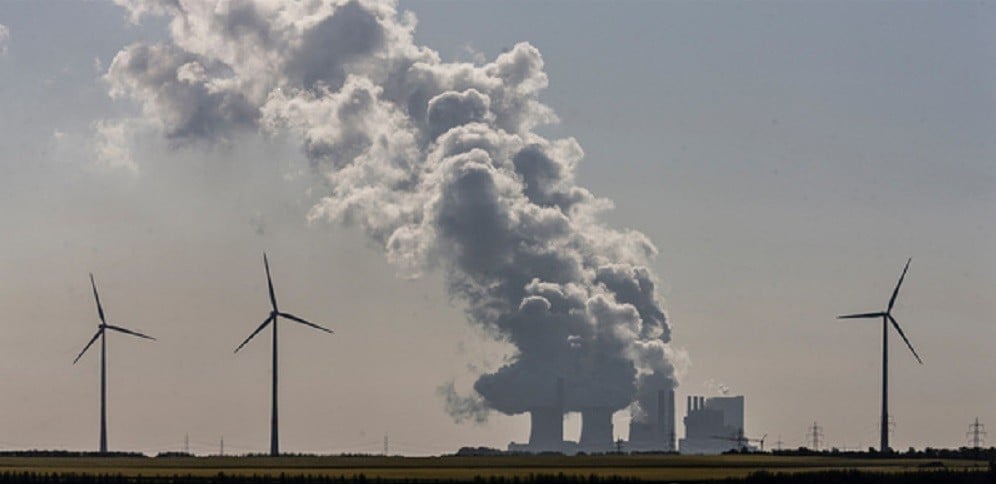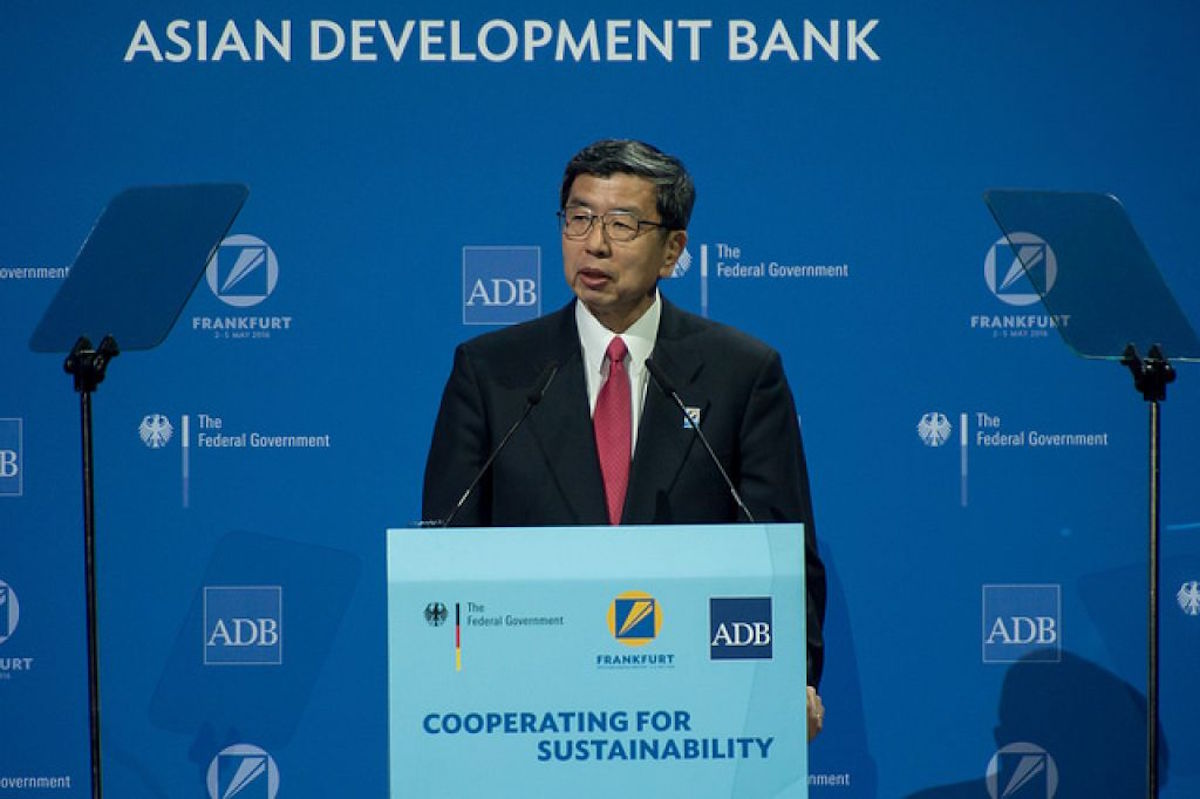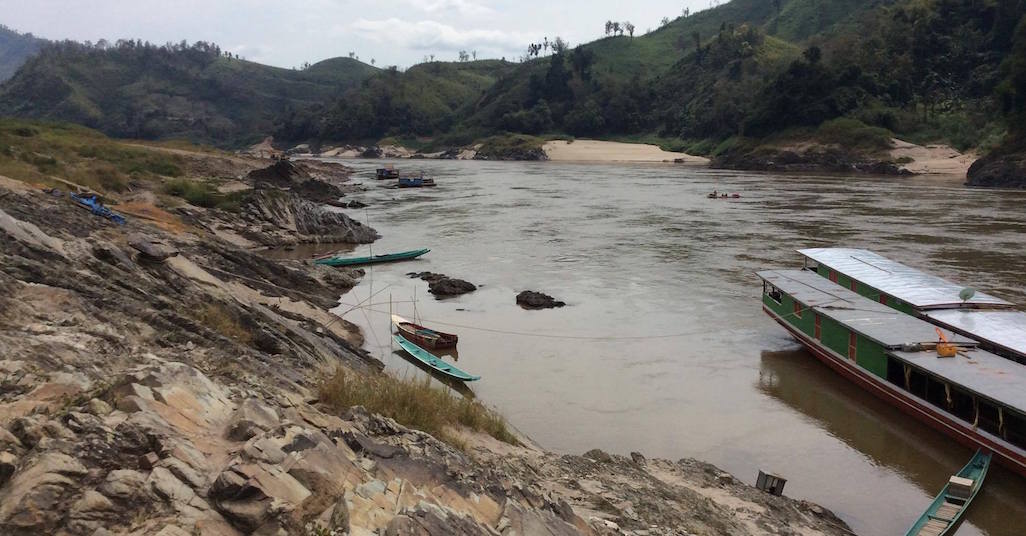Approximately 7,100 lives could be saved every year if Myanmar cancels its massive plan to build coal-fired power plants, and instead invest on renewable energy to meet the country’s electricity demand.
This is according to a report just launched by Greenpeace Southeast Asia, EcoDev/ALARM, Myanmar Green Network, EarthRights International (ERI) and Heinrich Böll Stiftung Myanmar (HBS), based on the latest research by Harvard University and Greenpeace [1].
“While the rest of the world is phasing out coal and moving to renewable energy, Myanmar is pursuing coal power expansion that could almost triple the emissions of major air pollutants in the country and double the country’s carbon dioxide emissions from energy,” said Lauri Millyvirta, Greenpeace Climate and Energy Campaigner. “More importantly, these plans do not take into account the human health costs when making choices about the country’s energy future.”
According to the World Health Organization, Myanmar has by far the most polluted air in the Southeast Asian region. In fact, all of the 10 ASEAN cities with highest particulate matter levels are found in Myanmar. Coal combustion is one of the major sources of particulate matter pollution globally, emitting much higher levels of SO2, NOx and dust, the key contributors to PM2.5, than any other form of electricity generation.
That Myanmar is planning on a massive increase in coal plants to provide all the country’s energy needs by 2030 is alarming. The authors of the report developed a detailed database of emissions from existing and planned coal-fired power plants across Southeast Asia and used advanced atmospheric Geos-CHEM modelling to project impacts on air quality and health. The results show that health impacts on Myanmar’s population are the third highest in Southeast Asia, after Indonesia and Vietnam [2].
Greenpeace says if all planned coal-fired power plants start to operate, Myanmar’s SO2 emissions from energy use would be projected to increase 7-fold, and NO2 to triple. The effect would be an increase in particulate matter and ozone pollution levels not just in Myanmar, but in other neighboring countries, putting even more people at risk to diseases such as stroke and lung cancer.
The report projects that Myanmar’s coal power plant emissions would be responsible for a total of 7,100 premature deaths each year, or 280,000 premature deaths if these plants operate for 40 years. The air quality and health impacts are significantly exacerbated by the lack of effective regulation of air pollutant emissions from coal-fired power plants in Myanmar.
“Myanmar lacks meaningful emission standards for coal-fired power generation, which means air pollution from the planned projects are expected to be around ten times higher than what would be allowed for example in China and India,” Lauri concluded.
Resources:
[1] Link to the study: http://www.greenpeace.org/seasia/Press-Centre/publications/Myanmar-Coal-Report-2017/
[2] Koplitz S et al 2017, Burden of Disease from Rising Coal-Fired Power Plant Emissions in Southeast Asia. Environmental Science & Technology. http://pubs.acs.org/doi/abs/10.1021/acs.est.6b03731





